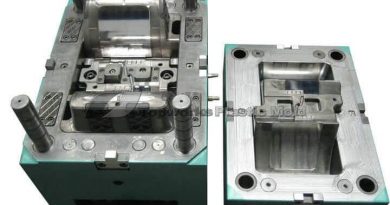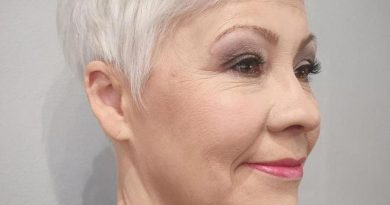The Role of Nutrition in Managing Pediatric Brain Tumours
Pediatric brain tumours are masses of abnormal cells that occur in a child’s brain or the tissues near it. There are many types of pediatric brain tumors – some are noncancerous, whereas some are cancerous.
The treatment usually depends on the type of tumour, how much it has spread and where it is located. But one of the main questions that most people have is whether nutrition and diet can help in managing pediatric brain tumours. Let’s find out.
How Does Diet Help In Managing Pediatric Brain Tumour?
While diet is not known to directly aid in the treatment of pediatric brain tumours, it can definitely help you improve your child’s strength and energy, lower the risk of infection and help them recover from the treatment. Eating a balanced diet also helps maintain your child’s body weight and restore the nutrient levels of their body, thereby aiding their healing and recovery process.
Apart from food, a nutritious diet for pediatric brain tumours also includes drinking plenty of fluids during and after the treatment. Staying hydrated helps the body process drugs such as chemotherapy medication, avoid bladder infections and prevent constipation. It is especially important if your child is facing diarrhoea or vomiting as a side effect of the treatment.
Is There Any Specific Pediatric Brain Tumour Diet For Recovery?
There isn’t a specific diet that you need to follow during or after the treatment. However, giving a nutritious diet to your child can help manage the side effects better.
Specific foods can help manage specific side effects, such as:
- For Bone Problems: Foods rich in calcium, like milk, cheese, and yoghurt are beneficial.
- For Constipation: Foods high in fibre, like wholegrain cereal, brown bread, brown rice, brown pasta, fresh fruit and vegetables, beans and pulses are recommended.
- For Body Weight Problems: Low-fat and high-protein foods like lean meat, fish, eggs, beans and lentils are beneficial.
Remember, the best way to figure out the ideal nutritious meal for your child is by discussing it with your doctor or dietitian.
Is There Anything You Should Not Eat During The Treatment?
Certain treatments like chemotherapy can leave your child with low immunity. In this case, it is recommended to avoid foods with a high risk of food poisoning, such as:
- unpasteurised milk or yoghurt and cheese made from unpasteurised milk
- eggs (unless they are cooked till the white and yolk are solid)
- rare or undercooked meat and poultry
- uncooked shellfish
- raw or lightly-cooked bean sprouts
How Can You Ensure That Your Child Gets All The Nutrition?
The treatment can cause side effects which can consequently affect your child’s appetite. In this case, it is extremely important to try different strategies to make sure that your child is getting the optimum nutrition. Some of the tips that might help you are:
- Do not put pressure on your child to eat. Try giving them smaller snacks at frequent intervals of time.
- Give your child the food they enjoy. Remember, eating something not as nutritious is better than eating nothing.
- Involve your child in the process of making food to make mealtimes more enjoyable.
- Keep a track of when and what your child is eating to understand their appetite better.
The Final Takeaway
Nutrition may not aid in the treatment of pediatric brain tumours, but it is essential for managing side effects and boosting strength and energy during and after treatment.
There is no specific diet for pediatric brain tumours. However, you can include foods that help manage the side effects better. Also, make sure that your child’s diet has a balance of protein, carbohydrates and fats along with other nutrients like fibre, vitamins and minerals.




